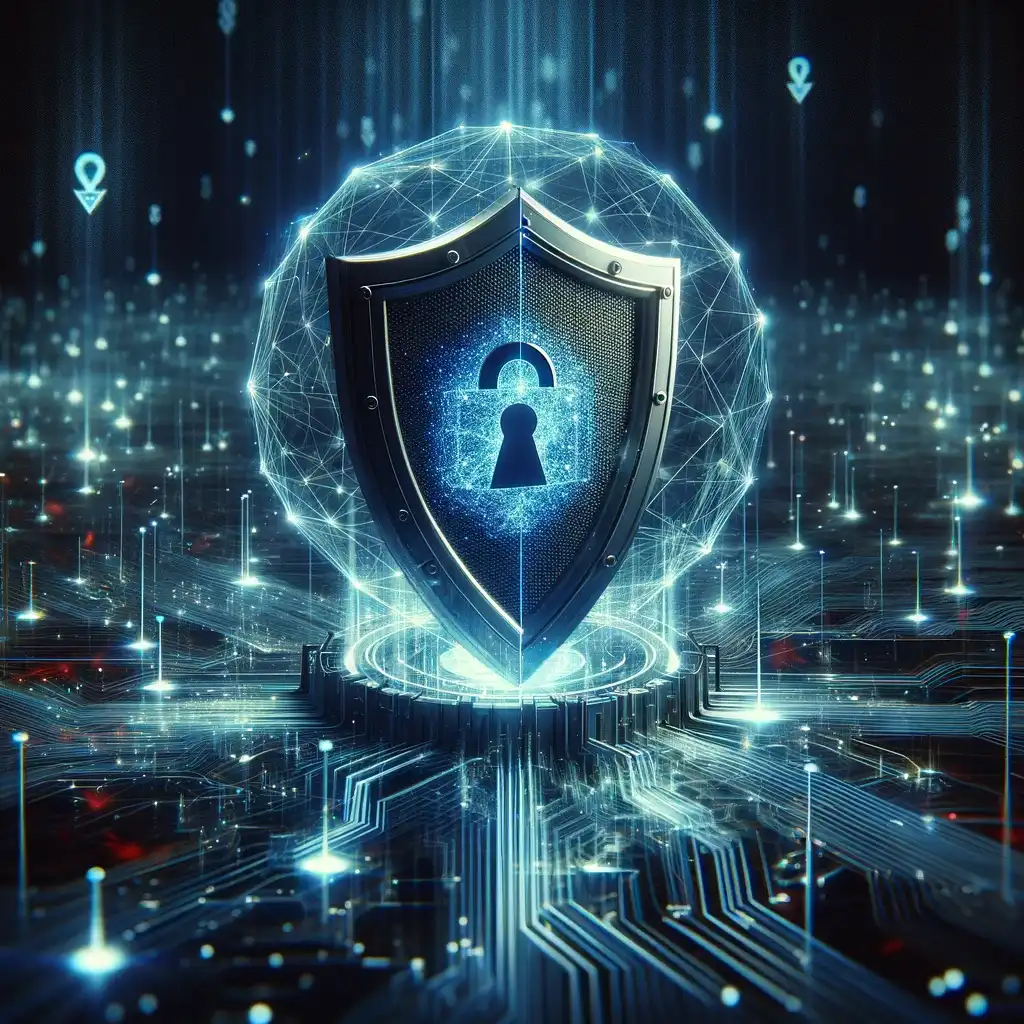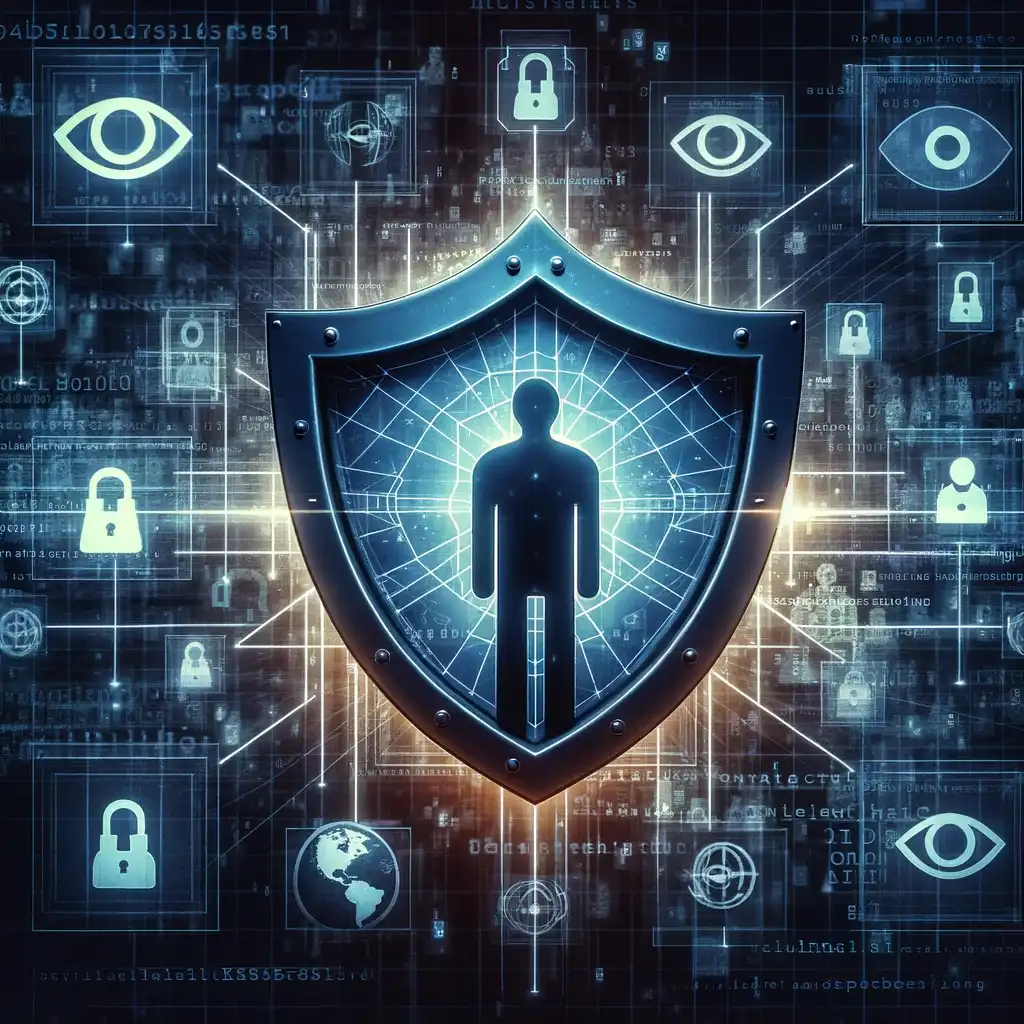Introduction
In today’s digital age, internet privacy is a growing concern for many. With the constant threat of data breaches and unauthorized surveillance, protecting your online presence has never been more important. One of the most effective tools at your disposal is a Virtual Private Network (VPN). This article delves into the essentials of setting up a personal VPN, ensuring your internet privacy is fortified.
What is a VPN?
A VPN stands for Virtual Private Network, a security tool that encrypts your internet connection and masks your online identity. This makes it harder for third parties to track your activities online and steal data. VPNs can be of various types, including software-based, hardware-based, and even browser extensions, each serving the same fundamental purpose of encrypting your internet traffic.

Why You Need a Personal VPN
- Protecting your data on public Wi-Fi: Public networks are notorious for their lack of security. A VPN ensures your data remains encrypted and out of reach from hackers.
- Bypassing geo-restrictions: Whether it’s accessing content or services not available in your region, a VPN can make it seem like you’re browsing from a different location.
- Enhancing online privacy: In an era where your online activities can be easily monitored and logged, a VPN provides a layer of privacy to keep your browsing habits private.
Choosing the Right VPN
Selecting a VPN service is a critical step. Consider factors like encryption strength, privacy policies, server locations, and speed. Some recommended providers include NordVPN, ExpressVPN, and CyberGhost, known for their reliability and robust security features.
Setting Up Your Personal VPN
Setting up a VPN is simpler than it might seem:
- Choosing a provider: Research and select a Personal VPN provider that meets your needs.
- Signing up and downloading the app: Visit the provider’s website, sign up, and download the application for your device.
- Configuring VPN settings: After installation, open the app, and configure your settings, such as selecting a server location.

Optimizing VPN Performance
For the best experience, choosing the right server is key. Generally, the closer the server to your actual location, the faster the speed. Adjusting security settings can also help optimize performance without compromising on privacy.
Advanced VPN Features to Consider
- Kill switch: Ensures your internet connection is cut off if the VPN drops, keeping your data safe.
- Split tunneling: Allows you to choose which apps go through the VPN and which don’t.
- Multi-factor authentication: Adds an extra layer of security to your VPN account.
Common VPN Myths Debunked
- VPNs and internet speed: While some slowdown is possible, a quality VPN minimizes speed reduction.
- VPNs and absolute anonymity: While VPNs enhance privacy, absolute anonymity is challenging to achieve due to various online tracking methods.

Maintaining Your VPN
Keep your Personal VPN software updated to ensure you have the latest security features. If you encounter issues, most providers offer troubleshooting guides and customer support.
Alternatives to Personal VPNs
Proxy servers and the Tor browser offer additional ways to protect your privacy online, each with its own strengths and limitations.
Integrating VPN with Other Privacy Tools
For maximum privacy, consider using secure browsers and installing ad blockers and tracker blockers. These tools complement the privacy protections offered by a Personal VPN.
The Future of Internet Privacy and VPNs
As technology advances, so do the tools to protect online privacy. Keeping abreast of these changes is crucial for maintaining your digital security.
Conclusion
Setting up a personal VPN is a straightforward yet powerful step towards enhancing your internet privacy. By choosing the right provider and integrating other privacy tools, you can protect your online presence effectively.
FAQs
Is using a VPN legal?
Yes, using a VPN is legal in most countries around the world. It’s a legitimate tool for enhancing your internet privacy and securing your online activities. However, the legality of VPN use can vary depending on the country, as some nations have restrictions or outright bans on VPN use due to concerns over illegal activities. It’s important to be aware of and comply with the laws in your specific location regarding VPN usage.
Can I use a free VPN safely?
While you can use a free VPN, it’s crucial to exercise caution when selecting one. Many free Personal VPN services may not offer the same level of security as paid versions, and some have been found to log users’ activities, sell data to third parties, or use inadequate encryption standards. If you choose to use a free VPN, research thoroughly to ensure it’s reputable and read the privacy policy to understand how your data will be handled.
How does a VPN protect my privacy?
A VPN protects your privacy by creating a secure and encrypted connection between your device and the internet. This encryption prevents outsiders, including internet service providers (ISPs), hackers, and government agencies, from intercepting and reading your internet traffic. Additionally, a VPN masks your IP address, making your online actions much harder to track and tying them back to your physical location more challenging.
Will a VPN slow down my internet connection?
Using a Personal VPN can sometimes slow down your internet connection due to the encryption process and the distance your data travels to the VPN server. The impact on speed can vary based on the VPN service provider, the server location, and your original internet speed. Some high-quality VPNs have minimal speed impacts and offer fast server connections to mitigate this issue.
Can I use a VPN on all my devices?
Yes, most VPN services offer apps and configurations for a wide range of devices including smartphones, tablets, laptops, and desktop computers across various operating systems such as Windows, macOS, Android, and iOS. Some even support smart TVs and routers, allowing you to secure all internet-connected devices in your home. It’s important to check with the VPN provider to ensure compatibility with all your devices.




